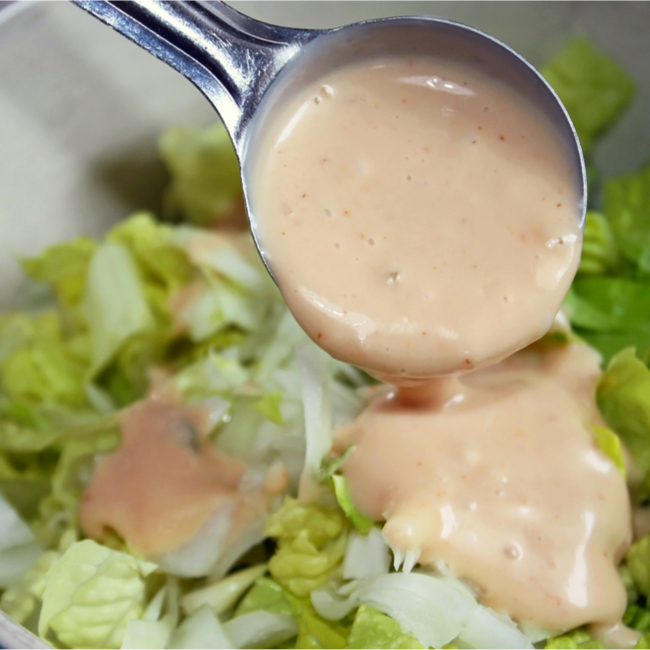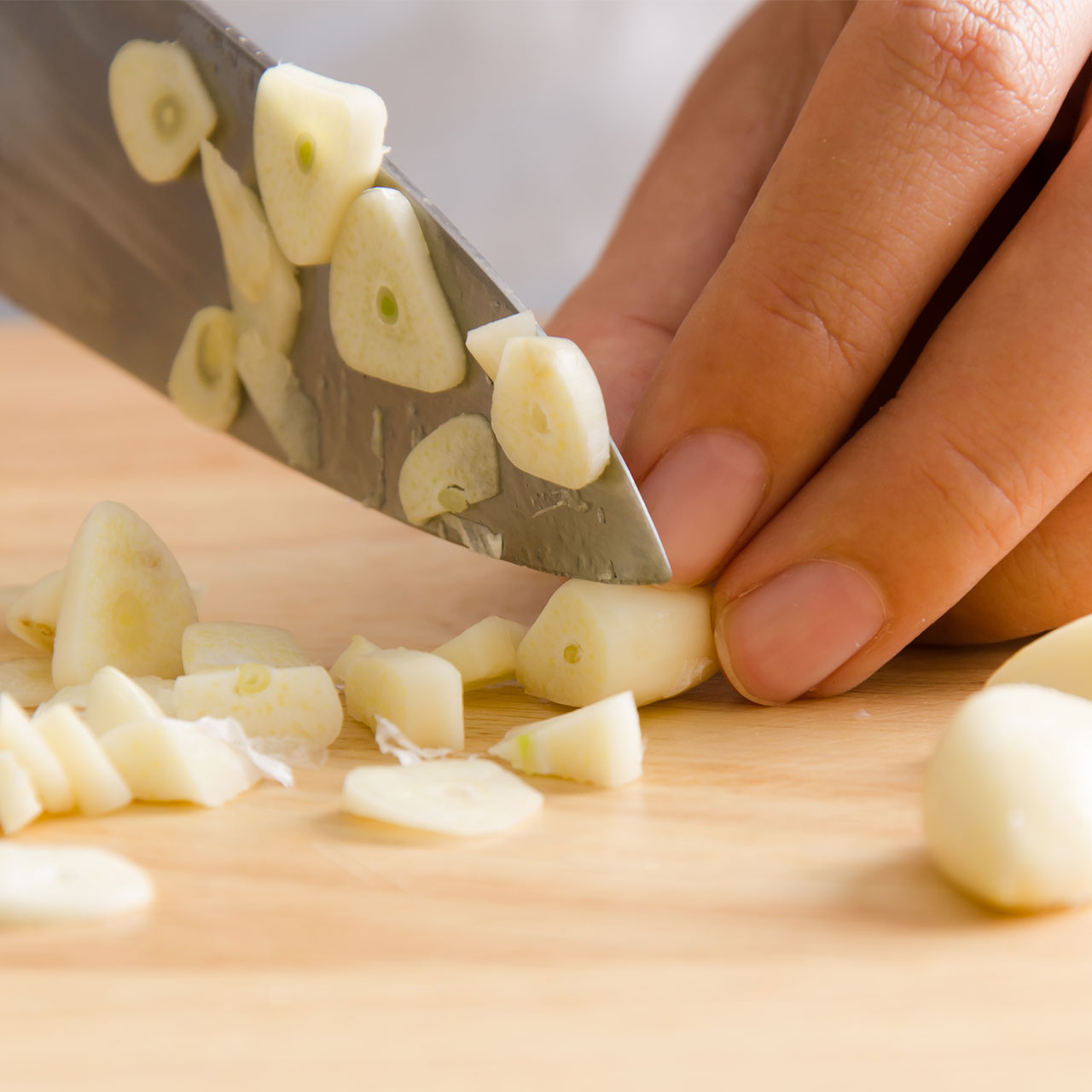This article has been updated since it was originally published on August 6, 2022.
A salad is widely considered to be the epitome of a healthy meal, and one that is frequently recommended in any well-balanced diet. If you still find yourself experiencing weight gain, heartburn, stomach aches or other negative effects tied to indigestion, it’s worth looking into what you consume every day and what might be a major culprit.
If you’re trying to lose weight, you’ve probably been advised to eat salads or similar veggie-heavy bowls, so we checked in with registered nutritionists for advice on how to make them optimal for weight loss, and what common ingredients might cause it. Read on for tasty salad ingredient ideas and healthy eating and weight loss tips from Jay Cowin, NNCP, RNT, RNC, CHN, CSNA, registered nutritionist and Director of Formulations at ASYSTEM, as well as Lisa Richards, registered nutritionist and creator of The Candida Diet.


Tip #1— Skip Creamy Salad Dressings
Thick, creamy and heavily sugared salad dressings are often linked to heartburn and bloating, and essentially defeat the purpose of a salad— which is intended to be a go-to healthy meal. Creamy salad dressings, especially commercially made ones, Cowin notes, can “worsen indigestion” because they're high in acid and are usually full of fat, sugars, and other additives. “This slows down the digestion process or makes it difficult to break down food properly— resulting in the extra production of stomach acid,” Cowin says. Additionally, the acid regulators in salad dressings can irritate the stomach and also cause heartburn.
Regarding weight loss, creating a filling and satisfying salad is a “great way to ensure you're actually full after eating,” which can prevent overeating or binging at other points in the day, Richards says. She adds that “a filling salad doesn't have to have lots of unhealthy ingredients to get the fullness you're wanting to accomplish.” She explains that satiety is based largely on activating the stretch receptors and nutrient receptors in our stomachs.

Tip #2— Replace Fried Protein With Grilled Choices
Rather than adding fried chicken or other proteins to your salad, Richards suggests opting for grilled versions. "Grilled or smoked chicken provides lean protein without the excess calories and fat from frying and breading," she explains. "Steak can be a decent protein," she says, but you'll want a leaner cut of beef.
Fried onions and croutons are two toppings that quickly add "empty calories, carbs and fat" to any otherwise healthy salad, she warns. Instead, she says to "look for salads that are packed with nutrient-dense toppings like black beans, avocado, tomato, cucumber, low fat cheese, corn, peppers, and other fruits and vegetables." Romaine lettuce or a mixed green blend is preferred over iceberg lettuce, she adds, as the "nutrient content is greater."

Tip #3—Avoid Vinegar
According to CBS News, "Salads are good news for those with chronic heartburn or GERD - if you have the right salad dressing and ingredients, that is." The outlet adds, "High-fat foods are a known trigger for acid reflux, so the National Heartburn Alliance recommends avoiding creamy salad dressings, as well as oil and vinegar." If you must really add a dressing to your salad, you can opt for something tha'ts more low-fat instead. The key here is to avoid "acid-aggravating ingredients."

More Healthier Salad Ingredient Suggestions
It’s definitely difficult to adjust to a major dietary change and stop eating your favorite foods when trying to lose weight, but as these experts note, if your favorite salad ingredients are contributing to indigestion or weight gain, you are much better off without them. “If you can't skip the dressing when eating a salad, then the helpful alternative is to make one on your own,” Cowin advises. “This is so you know exactly what goes in and you can avoid any ingredients that will aggravate your GERD or acid reflux.” He suggests adding “a bit of extra virgin olive oil,” since it is a good ingredient to use as dressing “since it has a low acidity level.”
“By adding a variety of nutrient-rich vegetables, nuts, and even some whole grains,” Richards says, “we can ensure we are full, satisfied, and well-nourished.” She continues; “Some of my favorite salad toppings include asparagus, cucumbers, walnuts, artichoke, olives, quinoa, corn, and almond slices.” These are just a few to choose from and can be added in a variety of combinations!


























